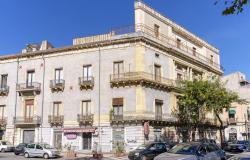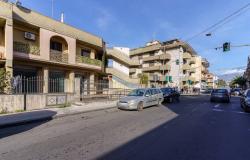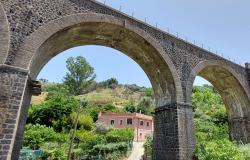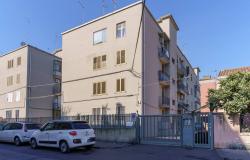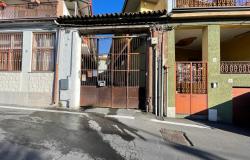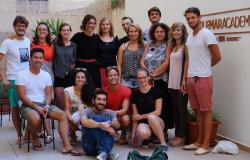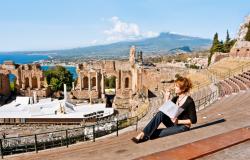 At least ten migrants died on Tuesday near the Italian island of Lampedusa, apparently after their boat capsized while trying to cross from Africa to Europe.
At least ten migrants died on Tuesday near the Italian island of Lampedusa, apparently after their boat capsized while trying to cross from Africa to Europe.
Agents from the Italian coastguard, navy and border police rushed to the area, after a patrol plane spotted the bodies, some still wearing life jackets, floating in waters 50 miles south of the tiny island.
There was no sign of any survivors or the remains of a boat in the surrounding waters.
Three bodies have been lifted from the sea so far, while a helicopter continues to search for survivors.
Meanwhile, nearly 250 other migrants arrived safely in Italy on Tuesday.
A boat carrying 43 travellers landed on Lampedusa, while coastguards intercepted a vessel carrying 18 people off the southern coast of Sicily in the early hours of the morning. Another 28 were rescued from the same area late in the afternoon.
More than 150 Algerians were brought to a reception centre on the island of Sardinia during the night after their boats were spotted by a patrol.
Italian coastguards have rescued over 7,000 migrants adrift at sea since the start of this year, according to figures released on Tuesday.
More than 2,500 were rescued in July alone, as fair weather and calm seas prompted greater numbers to attempt the crossing.
At least 15 boat migrants have drowned in Italian waters this summer.
According to the United Nations Refugee Agency (UNHCR), more than 2,000 would-be-immigrants die every year as they attempt to cross the Mediterranean.
The UNHCR's Italian spokesperson, Laura Boldrini, commented that "there are areas of the Mediterranean which appear to have become a 'no-man's sea'".
Speaking to reporters from Lampedusa where she was on a UNHCR mission, Boldrini said that "what adds to our concern is that nobody seems to care any more about these repeated tragedies at sea".
Italy, with its lengthy, porous coastlines and proximity to Africa, has long been a popular destination for migrants trying to enter the European Union.
Many of them risk their lives by making the crossing on small, rickety boats after paying traffickers exorbitant fees.
